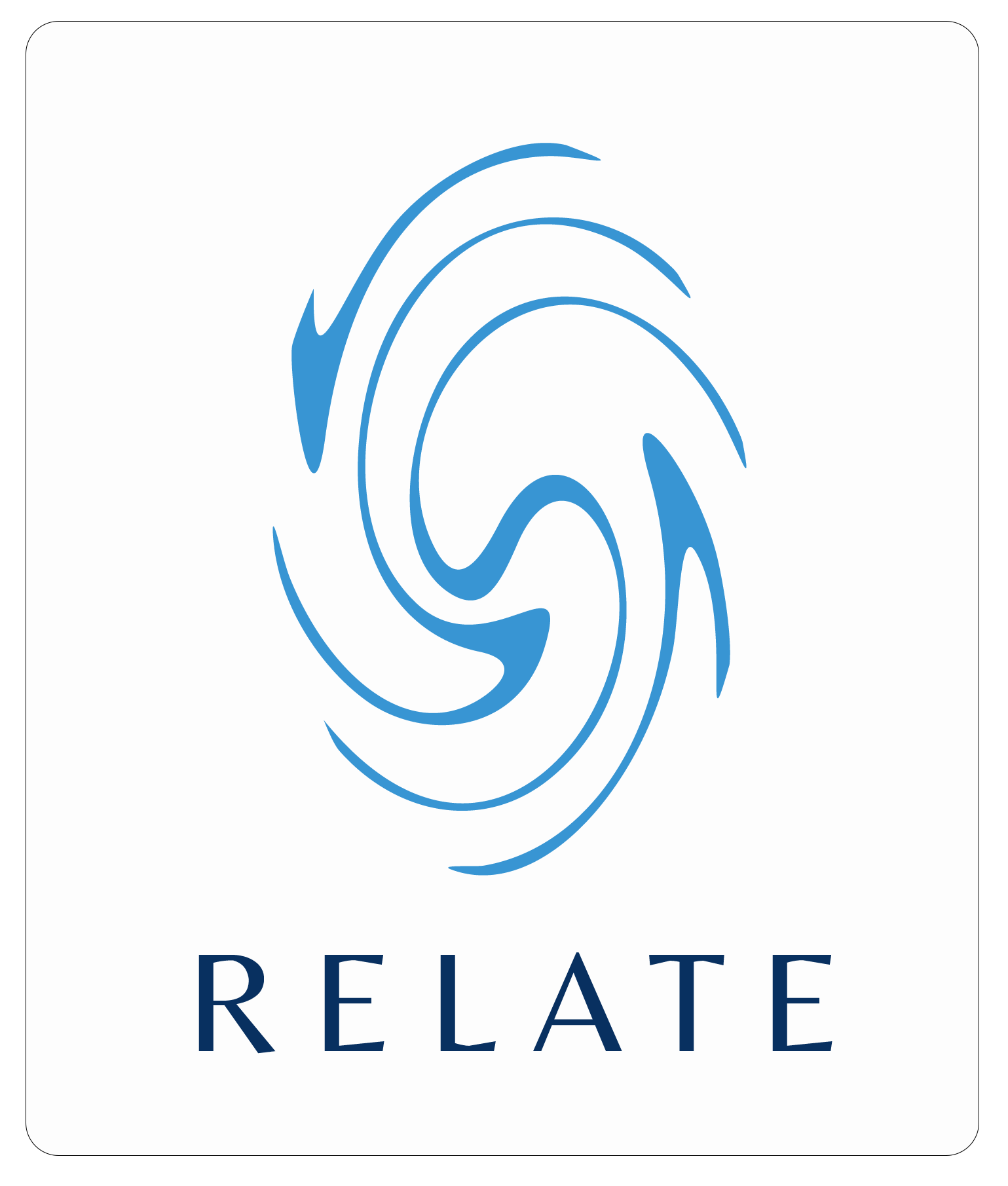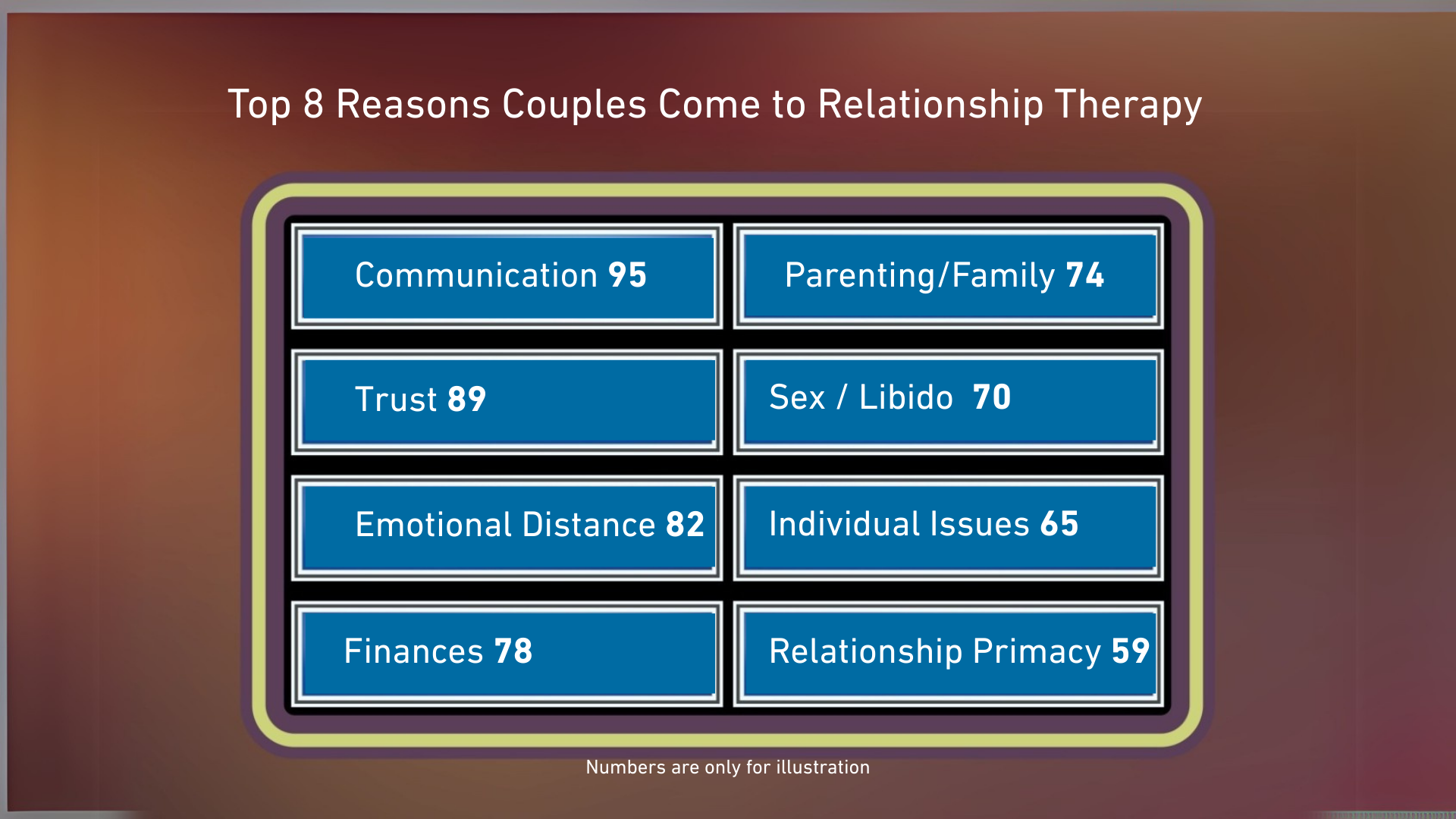Envy is an intriguing emotion that doesn't receive much attention. So, what exactly is envy, and where does it originate? Why does it matter? The concept of envy is an important consideration when creating a good life. I recently discussed the meaning of life with a friend, and this famous quote emerged: "Comparison is the thief of joy." This led to an exploration of the differences between envy and jealousy and the effect on life’s meaning.
Here is the video: https://youtu.be/ltrsbSF5dF8
Although often used interchangeably, envy and jealousy have distinct characteristics. Jealousy involves possessiveness or a perceived deserved entitlement. For instance, feeling jealous about a partner implies the fear that someone else may take them away or experience something without you. This emotion suggests that they belong to you in some way.
On the other hand, envy involves admiration for someone else's possessions or achievements, such as their spouse, job, or wealth. It's important to note that envy is a relational emotion, requiring at least three people.
In pre-modern times, when humans lived in hunter-gatherer communities where food and shelter was shared, envy minimally existed. This emotion emerged as societies became more differentiated and individuals began striving for personal growth and achievements.
The positive aspects of envy can lead people to appreciate others' unique qualities and inspire self-improvement. For example, admiring someone's speaking abilities may motivate one to develop their own communication skills.
You might think, "I want to be a better speaker." Now, it's reasonable to recognize that acquiring certain skills could benefit you. However, if you say, "I want to speak like Tony Robbins or Barach Obama” that may be envy, which is problematic. You can't have their skills because they're not yours; you’re not that person and don't have a right to them. This is a trap that damages self-esteem.
A healthy desire for self-improvement can make you a better person. This mindset has been ingrained in Western culture and contributes to technological advancements, education, and overall wellbeing. However, if you wish to speak like someone famous or have their wealth or talent, envy will only make you feel perpetually unsatisfied.
Capitalism can fuel this mentality of trying to keep up with others. Even if we recognize this unhealthy pattern, we may still fall into the trap of competition and one-upmanship. Meaningful life experiences tend to come from connections and relationships rather than material possessions. It's essential to reflect on what truly matters in life and focus on those aspects instead of succumbing to envy.
We may recall, especially if we are religious, the book of Ecclesiastes from the Old Testament. It features a character who strives to live a powerful and fulfilling life. He pursues various endeavors such as having many wives, acquiring vast wealth, education and seeking great power – all in an attempt to live a meaningful life. However, he ultimately concludes that everything is meaningless.
The author concludes "eat, drink, and be merry," suggesting that this is what life has to offer. I bring up envy today so you can carefully consider the meaning behind your actions and desires. Are your desires to find the edge of ‘Your’ possibilities? Or, to mimic someone else? Envy often takes us out of the present moment, making us think about someone else or something different than what we have. It prevents us from truly experiencing and appreciating our own lives.
Envy can lead you to compare aspects of others' lives to your own, which ultimately brings discontentment. Particularly when it comes to lifestyles – there will always be trade-offs. For example, my wife and I constantly travel and live in temporary accommodations. While many people envy our lifestyle, there are things we miss out on like ongoing connections and building new friendships. People may want parts of our lives but have they truly considered what it would take to achieve it? Or do they merely look at what they don't have and deem their own lives inadequate?
So I encourage you to reflect on the power you do or don't possess over your own life. One valuable piece of wisdom that has helped me is acknowledging where I have influence while also recognizing where I lack control. By doing so, we can avoid needless frustration and misery caused by trying to exert power in areas where we have none.
This content is an example of what you will find in the course The Search for Ourselves






